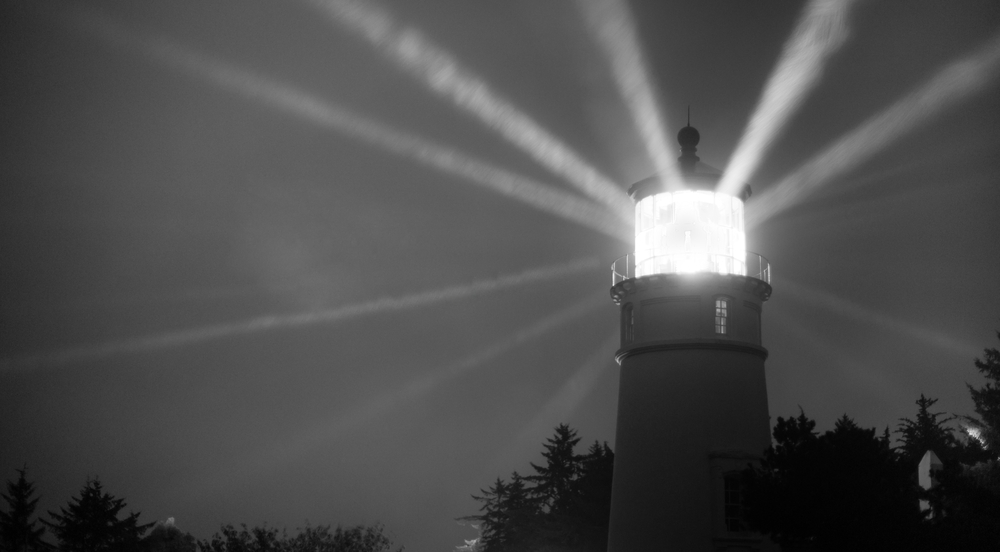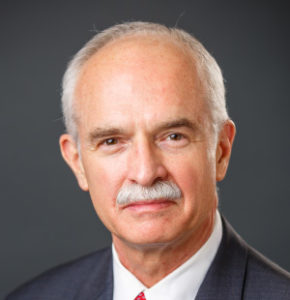
Today would have been David Theroux’s birthday. David passed away, one month ago, on April 23. I met David a few times over the years and always found him interesting and kind, but he had the reputation of a difficult person. I admired him greatly, for the think tank he built.

He was the founder and president of the Independent Institute. In the relatively small market of classical liberal/ libertarian think tanks, the Independent Institute wanted to be both scholarly and radical, a combination which sounds easier on paper – shouldn’t scholars be freer in their thinking and writing than policy experts, whose hands are somehow tied by relationships with the world of politics? – than it is in practice. But Theroux came close, and he did so by sticking with a most traditional set of think tank activities: by publishing serious books and by publishing one of the few openly libertarian journal, the Independent Review. It is a very long term approach. Of course the Independent Institute has its blog and its social media activity: you can’t avoid these things, if you want to look alive these days. But I appreciate that this is clearly of secondary importance, compared with the more long term dissemination of ideas.
The books that the Independent Institute has published are remarkable: their catalog includes some “classics”, at least within the boundaries of our movement (I think of Dominick Armentano’s Antitrust and Monopoly, Bruce Benson’s To Serve and Protect, Dowd and Timberlake’s Money and the Nation State, the excellent The Voluntary City edited by Berto, Gordon and Tabarrok); some provocative pamphlets (like Alvaro Vargas Llosa’s The Che Guevara Myth) and a good number of titles which would deserve to be better known (our own Scott Sumner’s The Midas Paradox or The Economies of Immigration edited by Ben Powell, for example). The Independent Review is even more extraordinary. Its founding editor, Robert Higgs, is a remarkable (and much underrated) economic historian and left his impression in the journal. Besides Crisis and Leviathan, Higgs wrote a number of important works, my favorite being perhaps Depression, War, and Cold War. Challenging the Myths of Conflict and Prosperity, a genuine eye-opener. In many ways, he is that rare bird: a scholar who is both outspoken and rigorous.
His successors as editors of the Independent Review (Chris Coyne, Mike Munger and Robert Whaples) are doing a splendid job. “Independent scholarship developed by independent minds” sounds a bit like an advertisement quip, but in this case is a fair description.
His long time association with Higgs signals that David had a clear vision for his think tank, the philosophy (the kind of libertarianism, if you prefer) it should advance and the means by which it should promote it – and kept to it, for some 35 years. Not bad. His legacy is of great relevance, for classical liberal all over the world.

Comments are closed.